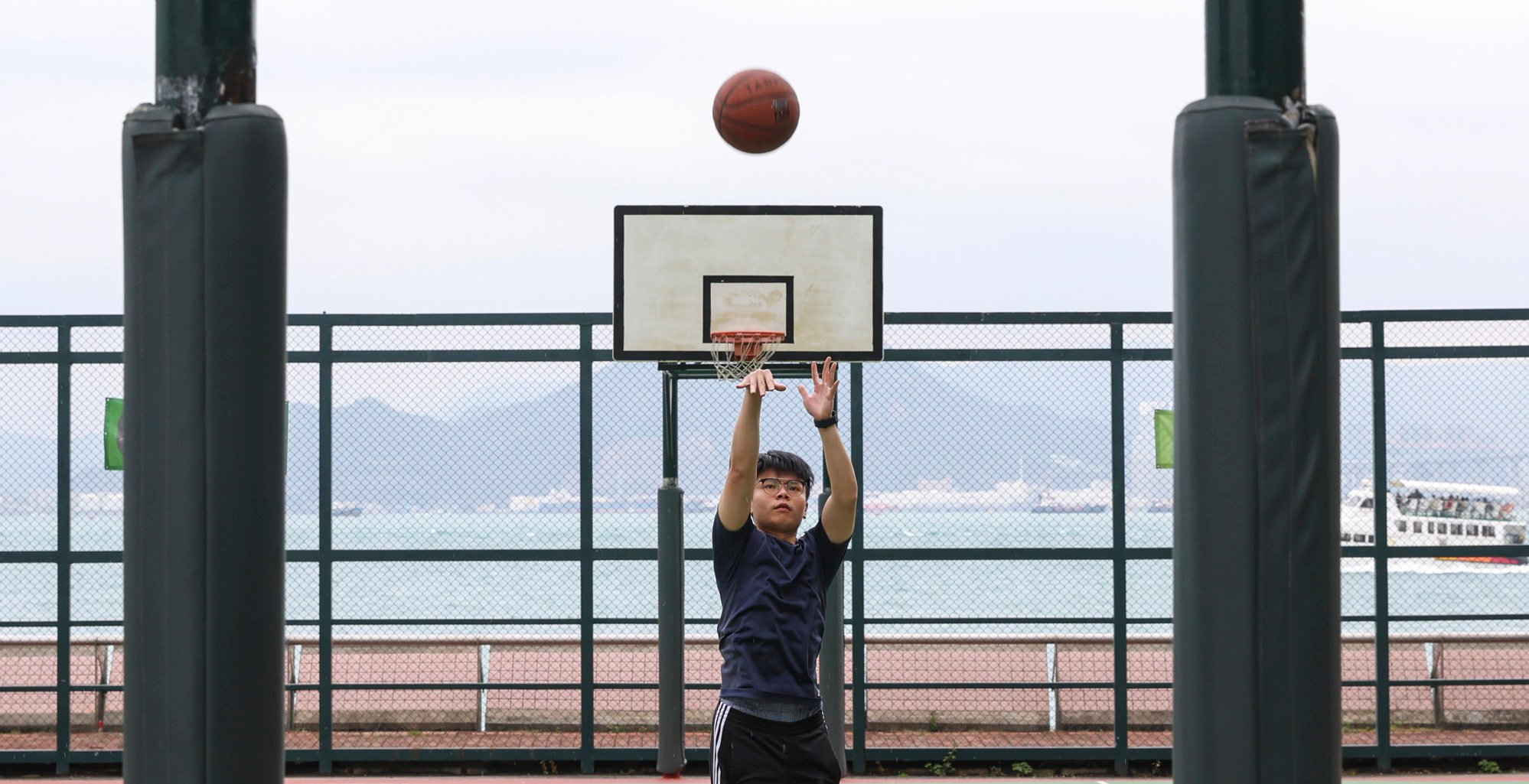
Are Hongkongers getting enough exercise? Survey says no, with many too tired and unmotivated to make time
- More than half of Hongkongers do not meet the level of activity recommended by the World Health Organization, a citywide survey has found
- A common reason given for lack of physical activity among children, teenagers and adults was tiredness
Hongkongers of all ages are too tired to get enough exercise, a physical fitness survey has found, with sports experts pointing to insufficient rest and a lack of motivation as reasons.
Results released on Tuesday from the citywide government survey revealed that more than half of residents across three age groups did not meet the level of activity recommended by the World Health Organization.
The study, which polled 9,326 Hongkongers between July 2021 and last December, found that 53.8 per cent of adults did not manage to clock up 150 minutes of moderate to vigorous activity or 60 minutes of vigorous activity a week.
A common reason given for the lack of physical activity among children, teenagers and adults was tiredness.

Lobo Louie Hung-tak, senior lecturer of health and physical education at the Education University of Hong Kong, said insufficient sleep among residents of all ages caused fatigue, diminishing their chances of doing sports.
“When people don’t get enough sleep, they recover slowly and that causes fatigue. If you’re tired, how would you have the energy to exercise? This is a cyclical phenomenon,” he said.
Hong Kong couples to be allowed to share elderly healthcare vouchers from July
Aside from tiredness, other major reasons given by adults for missing out on physical activity were a lack of time and laziness. Children complained about being busy with homework and teenagers mentioned muscle soreness from physical activity, while both age groups also pointed to bad weather.
The top cause for people aged between 60 and 70 for a lack of physical activity was poor weather.

Louie said long working hours and misconceptions that an absence of illness meant good health contributed to inactivity among Hongkongers as well.
“When one’s not ill, they won’t treasure health. Exercising is a preventive measure. Asking people to exercise to prevent heart diseases is a hard sell when they don’t have the disease at the moment,” he said.
Gordon Yau Yick-chung, director of the Asian Academy for Sports and Fitness Professionals, said long working hours were the main reason for widespread fatigue among citizens.
“If you look at gyms that open 24 hours, there are people working out from 9pm to 3am. The reason there’s demand for 24/7 gyms is due to Hongkongers’ busy lives,” Yau said.
However, the survey found that children’s physical activity levels were worse than adults’. About 66 per cent of children aged seven to 11 failed to meet the WHO requirement and around 51 per cent of those aged between 12 and 16.
Children and teenagers were advised to undertake 60 minutes of moderate to vigorous physical activity per day over a week.

Louie said younger children performed poorly on the survey as full-day schooling left them little time to exercise and the need for parental supervision further reduced their mobility.
“Parental influence is the strongest factor affecting primary school children’s physical activity, it’s less so for secondary school students as they can go out by themselves,” Louie said.
Both Louie and Yau said motivation was key to boosting activity levels. Louie pointed to peer motivation while Yau urged companies to incentivise employees to maintain a healthy lifestyle.
“If we are to promote sports on a community level, we must involve peers, such as hikes or badminton matches with friends, that’s how we attract people,” Louie said.
“Intrinsic motivation is the most important for sports in Hong Kong.”

